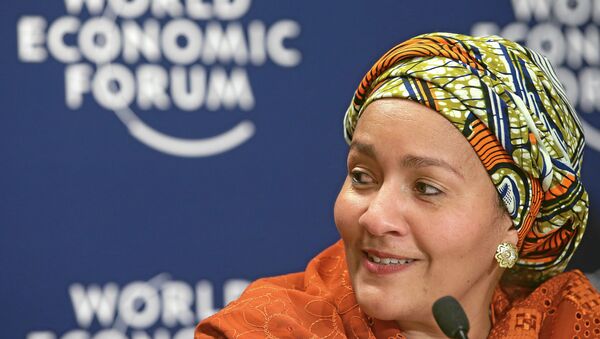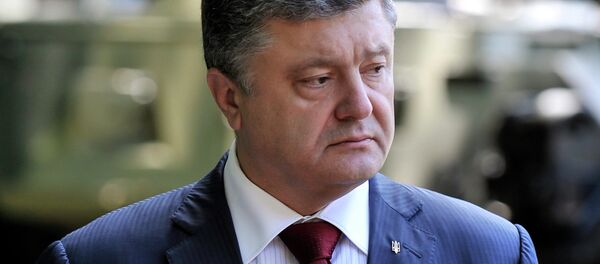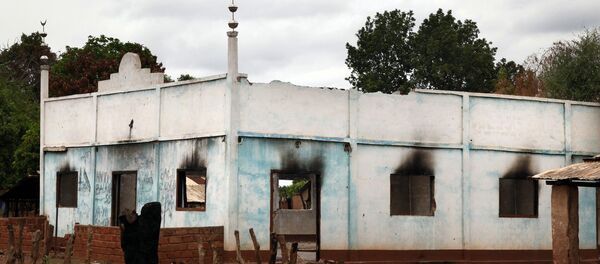"That's what worries me most of all. I see in a room of leaders that there's no incentive for them to find a way to make peace," Mohammed said Tuesday, speaking at the Brookings Institution about a UN initiative to end poverty by 2030.
Mohammed explained that, although global development can make investments that prevent conflicts, such as reducing inequality, improving education and providing children with hope, "the development agenda can't make peace".
Mohammed characterized Africa as a "petri dish" in a laboratory that has launched a number of successful "pilot" projects and best practices, but has failed to achieve sustainable results and shared prosperity.
"We've never managed to propagate it to scale, where everyone's included. So, the big message of 2015 is we leave no one behind," the representative said.
Mohammed believes that hope should not be abandoned, and the international community can and should focus on addressing weak institutions, so that developing countries can deliver peace, democracy and rule of law, which are the glue of a healthy society.
"We do have to put up front and center that the eradication of poverty is still possible in our lifetime," Mohammed stressed.
In September, the international community will gather at the United Nations headquarters in New York to confirm sustainable development targets for ending poverty by 2030.
According to UN estimates, 1.2 billion people in the world are still living in extreme poverty and over 99 million children under age five are undernourished and underweight.





